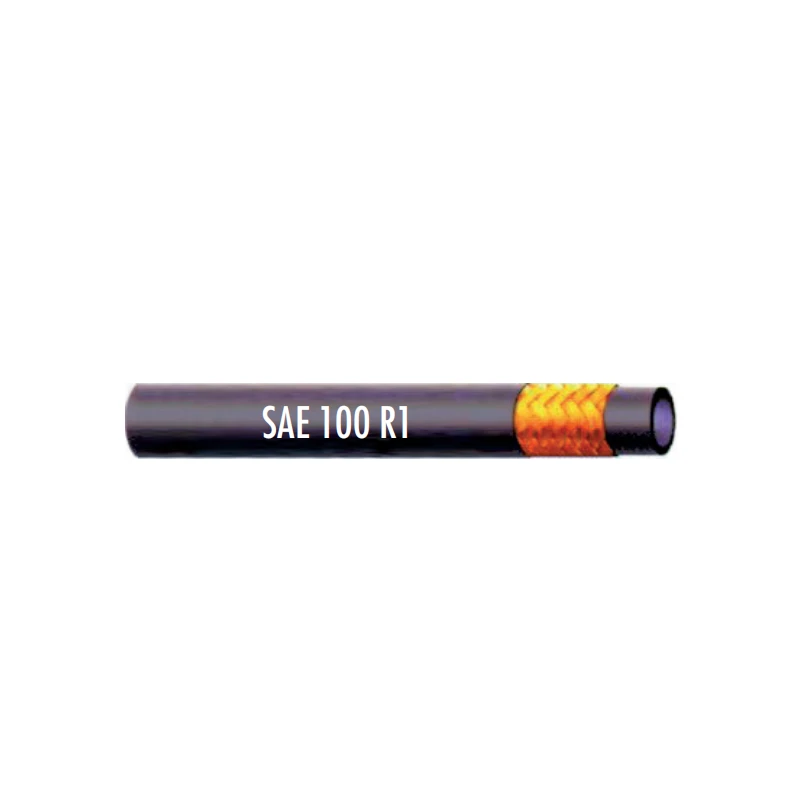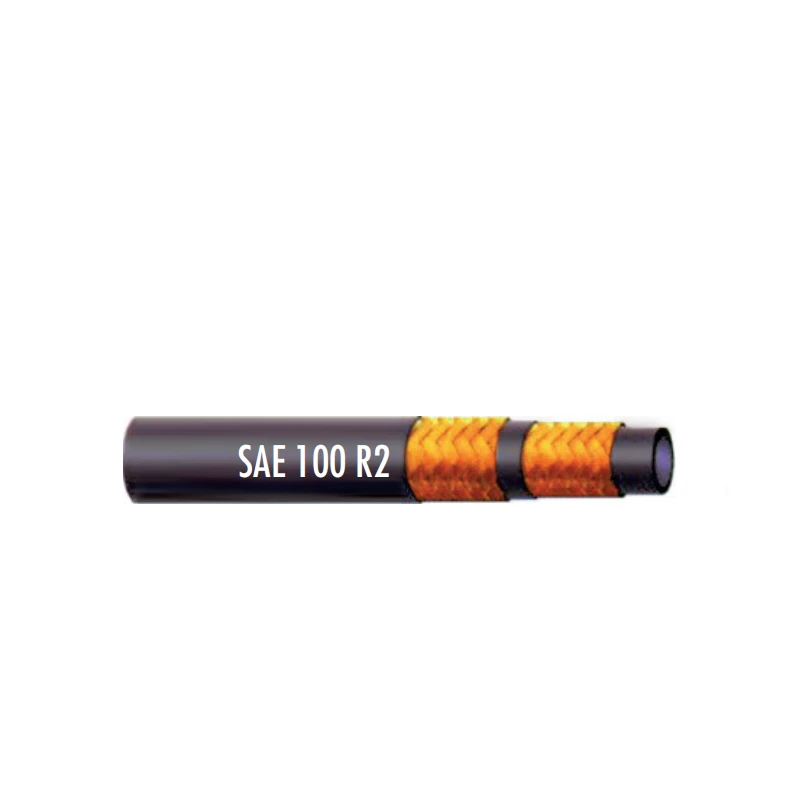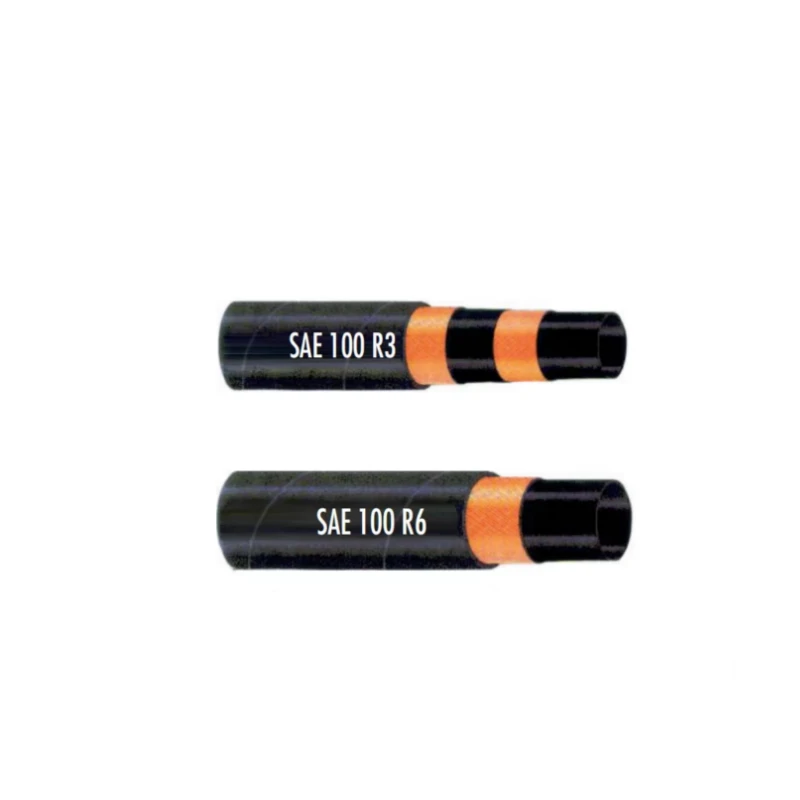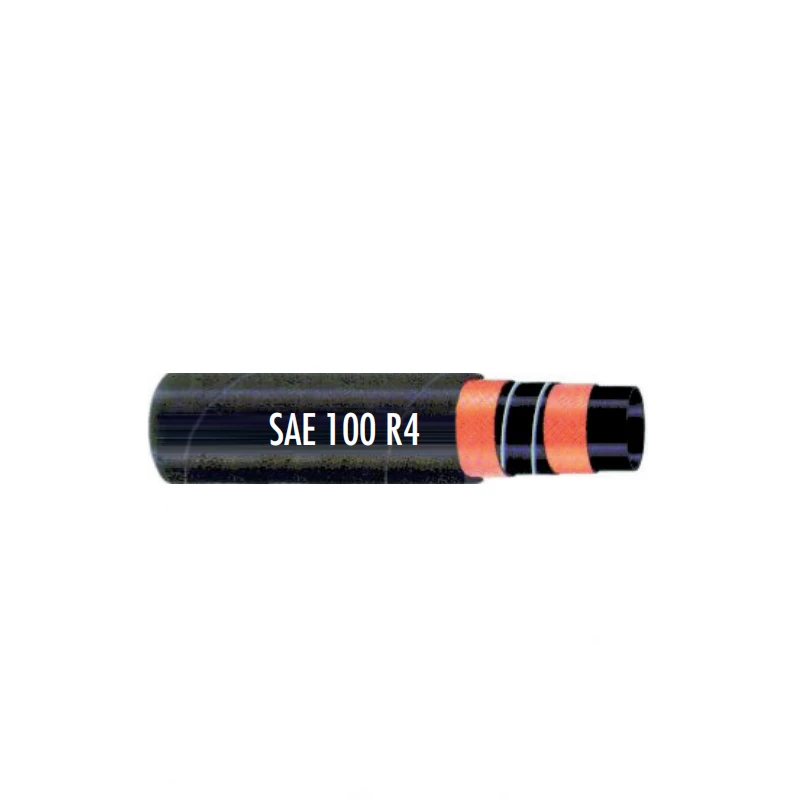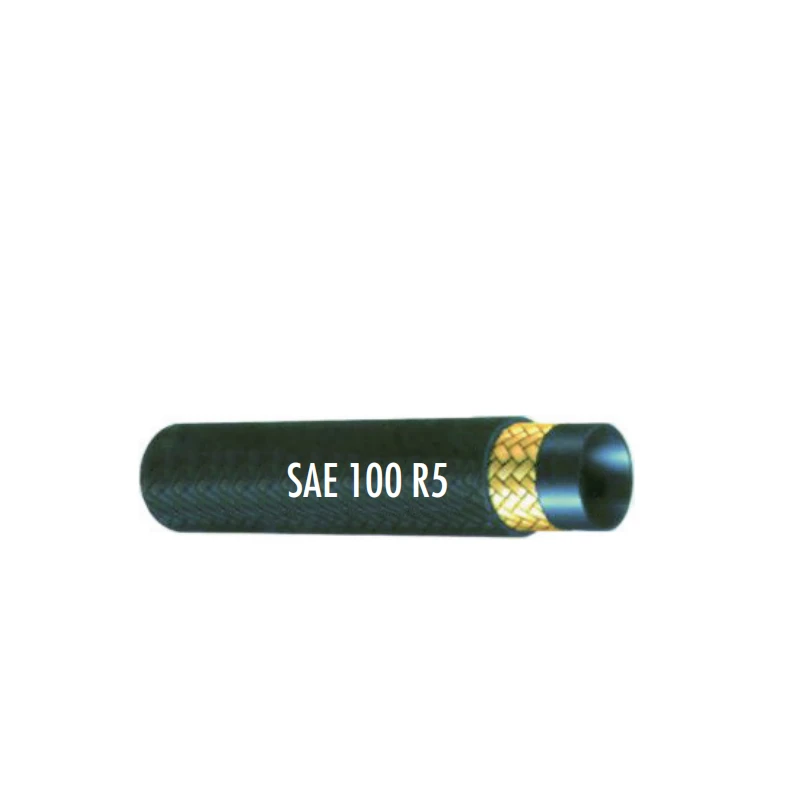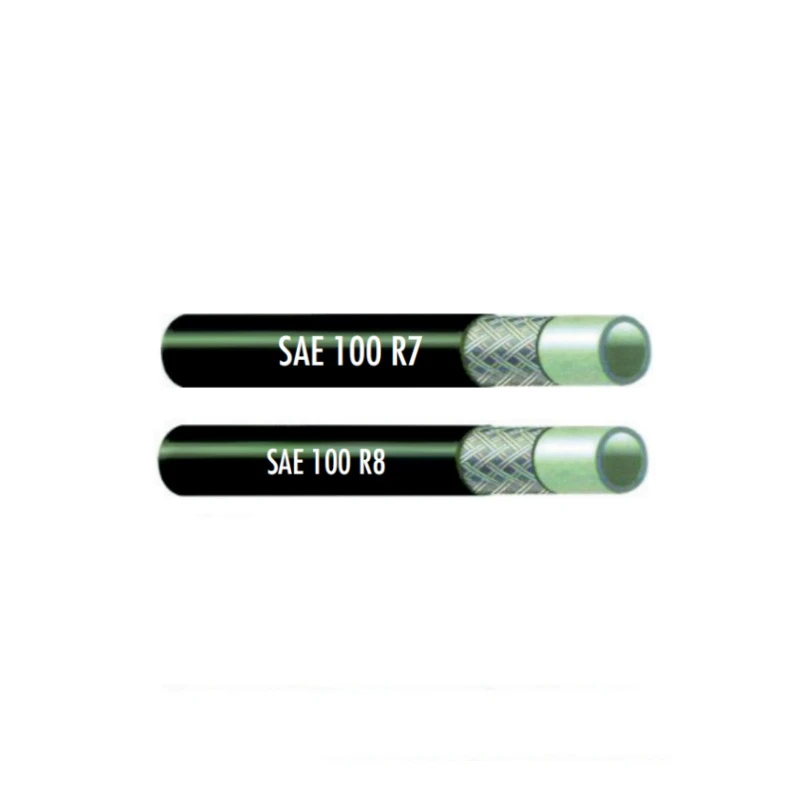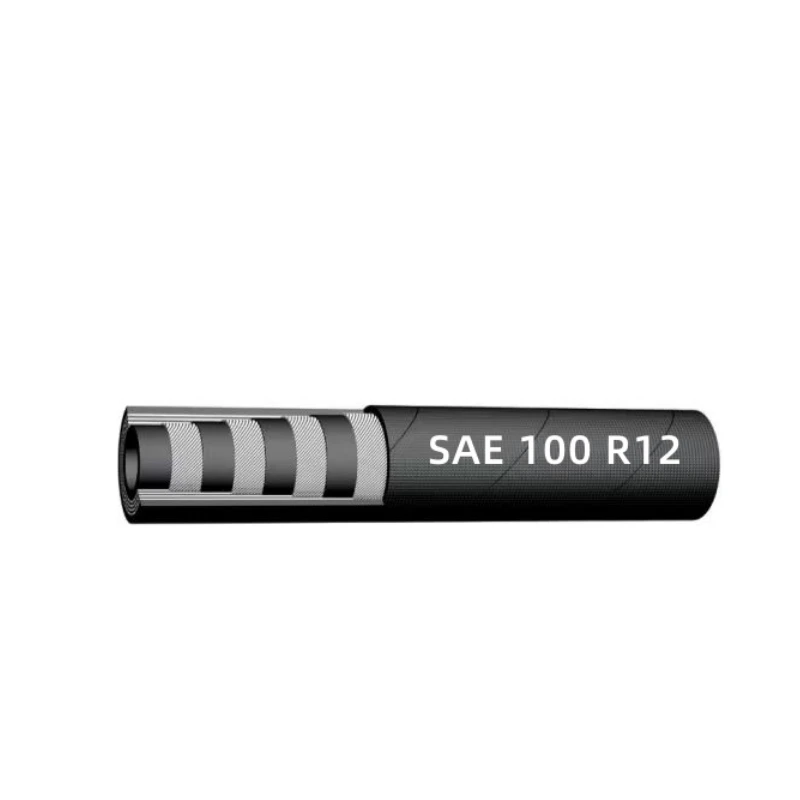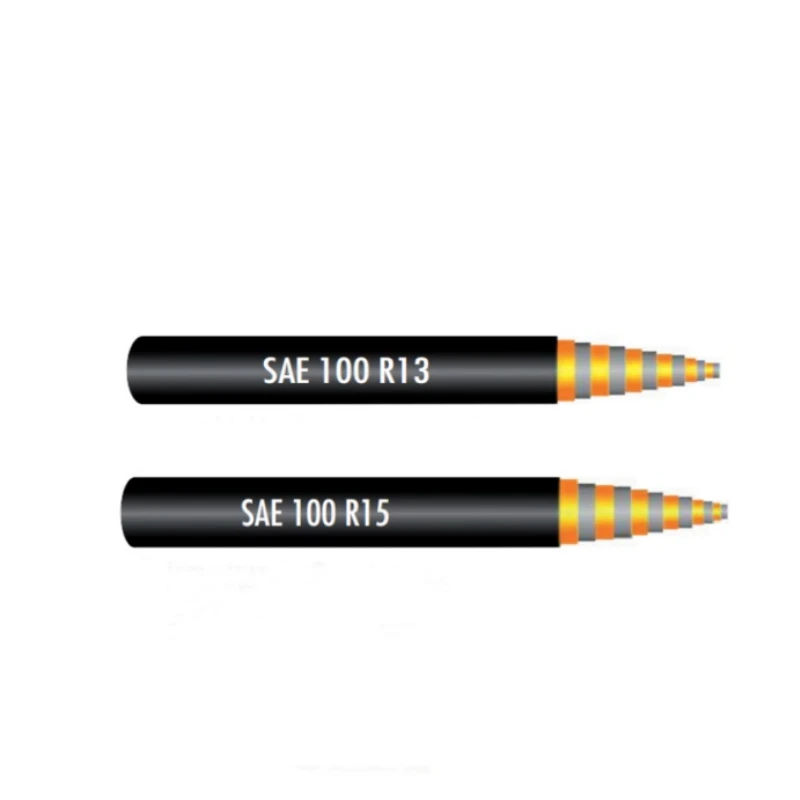
- Afrikaans
- Albanian
- Amharic
- Arabic
- Armenian
- Azerbaijani
- Basque
- Belarusian
- Bengali
- Bosnian
- Bulgarian
- Catalan
- Cebuano
- Corsican
- Croatian
- Czech
- Danish
- Dutch
- English
- Esperanto
- Estonian
- Finnish
- French
- Frisian
- Galician
- Georgian
- German
- Greek
- Gujarati
- haitian_creole
- hausa
- hawaiian
- Hebrew
- Hindi
- Miao
- Hungarian
- Icelandic
- igbo
- Indonesian
- irish
- Italian
- Japanese
- Javanese
- Kannada
- kazakh
- Khmer
- Rwandese
- Korean
- Kurdish
- Kyrgyz
- Lao
- Latin
- Latvian
- Lithuanian
- Luxembourgish
- Macedonian
- Malgashi
- Malay
- Malayalam
- Maltese
- Maori
- Marathi
- Mongolian
- Myanmar
- Nepali
- Norwegian
- Norwegian
- Occitan
- Pashto
- Persian
- Polish
- Portuguese
- Punjabi
- Romanian
- Russian
- Samoan
- scottish-gaelic
- Serbian
- Sesotho
- Shona
- Sindhi
- Sinhala
- Slovak
- Slovenian
- Somali
- Spanish
- Sundanese
- Swahili
- Swedish
- Tagalog
- Tajik
- Tamil
- Tatar
- Telugu
- Thai
- Turkish
- Turkmen
- Ukrainian
- Urdu
- Uighur
- Uzbek
- Vietnamese
- Welsh
- Bantu
- Yiddish
- Yoruba
- Zulu

දෙසැ. . 03, 2024 16:37 Back to list
single jacketed fire hose
The Importance of Single Jacketed Fire Hoses
Firefighting is one of the most critical and hazardous professions in the world. It requires not only the bravery and skill of firefighters but also the right tools and equipment to effectively combat fires and save lives. Among the many tools available, single jacketed fire hoses stand out as an essential piece of equipment, known for their durability, flexibility, and effectiveness in various firefighting situations.
A single jacketed fire hose is constructed with one layer of woven fabric as its outer shell. Unlike double jacketed hoses, which have two layers for increased strength and protection, single jacketed hoses are lighter and more maneuverable. This makes them particularly useful for situations where speed and agility are paramount. For residential firefighting or smaller commercial emergencies, a single jacketed hose is often exactly what firefighters need to quickly navigate through tight spaces or reach elevated areas.
The primary materials used in the construction of single jacketed fire hoses typically include synthetic fibers such as polyester or nylon
. These materials provide resistance against abrasion, UV radiation, and various chemicals, ensuring that the hose can withstand harsh conditions encountered during firefighting. Furthermore, the interior lining is often made from rubber or a similar elastomer to provide water resistance and maintain pressure.One of the significant advantages of single jacketed fire hoses is their weight. Weighing significantly less than their double-jacketed counterparts, these hoses allow firefighters to carry more equipment or simply move faster when every second counts. In emergency situations, the ability to swiftly deploy hoses can make the difference between controlling a blaze and allowing it to spread out of control.
single jacketed fire hose
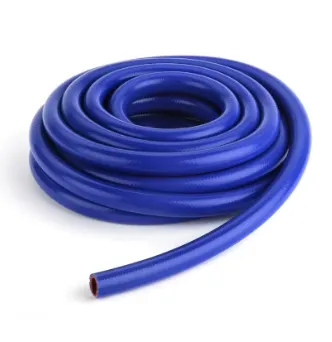
Another critical aspect is the ease of handling and storage. Single jacketed hoses are often more compact and can be coiled more easily, allowing for better organization within fire trucks and stations. This efficiency in storage is vital to ensure that all equipment is easily accessible during emergencies.
Despite their benefits, it is crucial to acknowledge that single jacketed fire hoses have limitations. Their single-layer construction, while providing lightweight ease of use, may not be suitable for all firefighting scenarios. For instance, in extreme environments where hoses may be exposed to sharp edges or abrasive materials, a double jacketed hose might be preferred for added protection. Fire departments must evaluate their specific needs and environments to determine the most suitable type of hose for their operations.
Maintenance is another vital factor when it comes to the longevity and effectiveness of single jacketed fire hoses. Regular inspections, cleaning, and proper drying after use are essential to prevent mold, mildew, and other forms of degradation. Firefighters are trained to recognize signs of wear and tear, and hoses that exhibit these signs should be repaired or replaced to maintain safety.
In recent years, advancements in manufacturing technologies have led to the development of more resilient materials for single jacketed hoses. These newer hoses may incorporate features such as increased flexibility at low temperatures and improved resistance to chemicals or punctures. This innovation enhances their performance in the field, enabling firefighters to tackle a wider array of fire scenarios effectively.
In conclusion, single jacketed fire hoses play an essential role in firefighting operations. Their combination of lightweight, flexible design and robust materials makes them ideal for many situations where agility and speed are required. While they may not replace all firefighting hoses, their unique advantages ensure that they remain a highly valued tool in the firefighting arsenal. As fire departments continue to evolve and adapt to new challenges, the importance of reliable equipment like single jacketed hoses cannot be overstated. Investing in quality hoses and maintaining them properly is crucial for ensuring the safety and effectiveness of firefighting efforts in communities everywhere.
Latest News
Steel Wire Reinforced Hydraulic Hose SAE 100 R1 / EN853 1SN S
NewsOct.17,2024
Two Layers Steel Wire Reinforced Hydraulic Hose SAE 100 R2 / EN853 2SN
NewsSep.03,2024
Textile Braid Reinforced Hydraulic Hose SAE100 R3+R6
NewsSep.03,2024
Textile Reinforced Hydraulic oil Suction Hose with embedded Steel Wire SAE 100 R4
NewsSep.03,2024
Single Wire Braid and Textile Covered Hydraulic Hose SAE 100 R5
NewsSep.03,2024
High Pressure Thermoplastic Hydraulic Hose SAE 100 R7 / EN855 R7 - SAE 100 R8 / EN855 R8
NewsSep.03,2024
Heavy Duty Four-layer Steel Wire Spiral Reinforced Hydraulic Hose SAE100R9+R10+R12
NewsSep.03,2024
Heavy Duty Multi-layer Steel Wire Reinforced Hydraulic Hose SAE100R13 SAE100R15
NewsSep.03,2024
Latest Products
